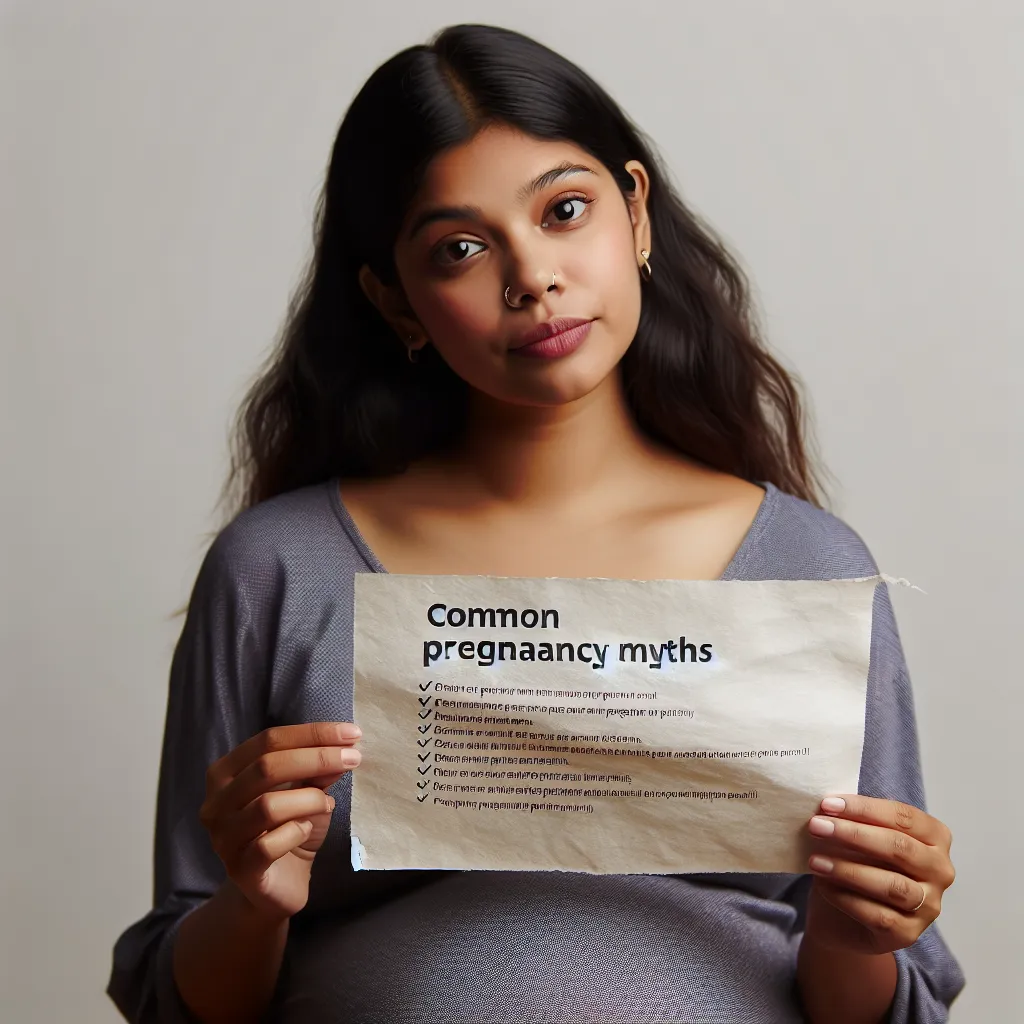Myth: You should avoid all fish during pregnancy
One common pregnancy myth is that you should avoid all fish during pregnancy due to the potential mercury content. However, this is not entirely true. While it’s important to avoid high-mercury fish such as shark, swordfish, king mackerel, and tilefish, it is safe to consume low-mercury fish such as salmon, trout, and sardines. In fact, these types of fish are excellent sources of omega-3 fatty acids, which are crucial for the baby’s brain and eye development. The key is to consume fish in moderation and choose low-mercury options to reap the nutritional benefits without posing a risk to the baby’s health.
Myth: Pregnant women should eat for two
One of the most common myths surrounding pregnancy is the belief that pregnant women should “eat for two.” In reality, this is not the case. While it is true that a pregnant woman’s caloric and nutrient needs increase during pregnancy, the idea of eating double the amount of food is a misconception.
According to experts, during the first trimester, there is no need for any additional calories. In the second trimester, women are advised to consume only an extra 340 calories per day, and in the third trimester, an extra 450 calories per day. These additional calories can be easily obtained through nutrient-dense foods such as fruits, vegetables, whole grains, and lean proteins.
Overeating during pregnancy can lead to excessive weight gain, which may increase the risk of complications such as gestational diabetes and high blood pressure. It is important for pregnant women to focus on the quality of their diet rather than the quantity, ensuring that they are meeting their increased nutritional requirements without overindulging.
By debunking the myth that pregnant women need to eat for two, women can make informed choices about their diet during pregnancy and prioritize the health of both themselves and their babies.
Myth: Heartburn means your baby will have a lot of hair
Myth: Heartburn means your baby will have a lot of hair
One of the most prevalent myths surrounding pregnancy is the belief that experiencing heartburn means that your baby will have a lot of hair. This old wives’ tale has been passed down through generations, but there is no scientific evidence to support it.
Heartburn during pregnancy is a common symptom caused by the hormone progesterone relaxing the valve between the stomach and the esophagus, allowing stomach acid to rise up. It has nothing to do with the amount of hair your baby will have.
Research has shown that there is no correlation between the severity of a mother’s heartburn and the amount of hair on her baby’s head. In fact, the presence or absence of heartburn is simply related to the hormone levels and physical changes in the mother’s body.
Therefore, it’s important to understand that while heartburn can be uncomfortable during pregnancy, it is not an indicator of how much hair your baby will have. This myth should be debunked to ensure that expectant mothers have accurate information about pregnancy-related symptoms.
Myth: You can’t exercise during pregnancy
One of the common myths surrounding pregnancy is the belief that exercise should be avoided at all costs. However, this is far from the truth. In fact, exercise during pregnancy can be highly beneficial for both the mother and the baby. Engaging in regular, moderate physical activity can help reduce the risk of gestational diabetes, relieve back pain, improve mood, and promote better sleep.
It’s important to note that not all forms of exercise are suitable for pregnant women, and it’s essential to consult with a healthcare provider before starting a new exercise routine. Low-impact activities such as walking, swimming, prenatal yoga, and prenatal Pilates are generally safe for most pregnant women. Avoiding contact sports or activities with a high risk of falling is crucial to reducing the risk of injury.
By debunking the myth that exercise should be completely avoided during pregnancy, women can feel empowered to stay active and maintain their physical and mental well-being throughout this crucial period in their lives.





